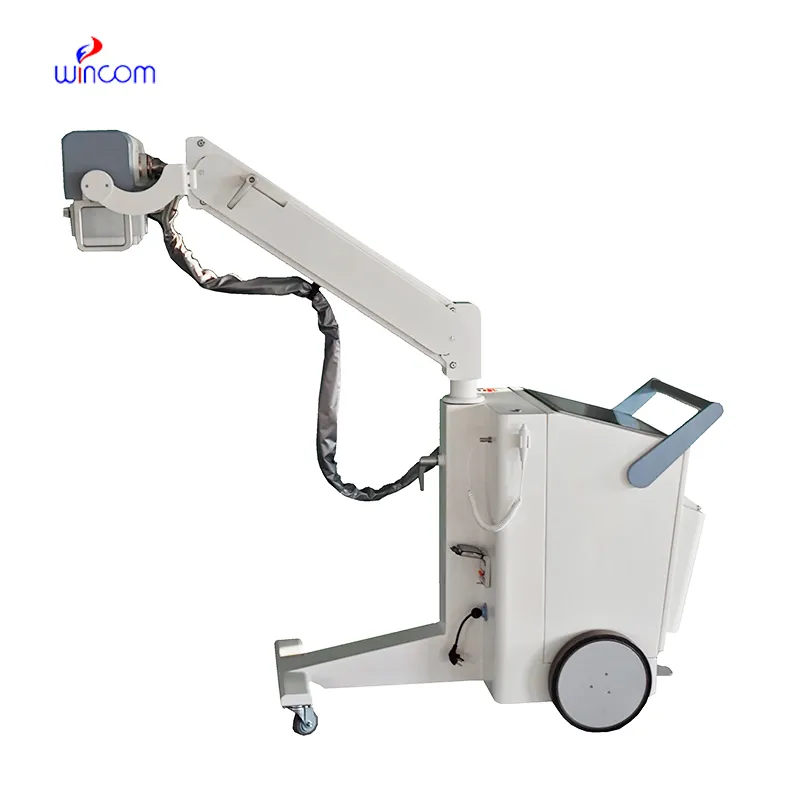
With improved magnetic field homogeneity and multi-channel receive coils, the inside an mri machine offers reproducible and unambiguous imaging output. With its software platform, the system offers fast image reconstruction and custom scanning sequence application. The inside an mri machine offers reproducible performance in clinical and research application.

The inside an mri machine is being increasingly used throughout research settings within the investigation of brain function, metabolism of organs, and tissue response under varying physiological conditions. The inside an mri machine enables investigators to explore the change of blood flow, oxygenation, and structural integrity. The inside an mri machine is continuing to expand its use within clinical and academic studies worldwide.

The inside an mri machine will continue to evolve with even greater control of magnetic fields and more sophisticated imaging pulse sequences. Next-generation systems will take ultra-high-resolution images capable of imaging microscopic tissue architecture. The inside an mri machine will also provide improved patient comfort through noise cancellation and shorter scan times.

The inside an mri machine should be kept in a controlled environment to prevent overheating and condensation. Inspection of filters, ventilation systems, and electrical grounding is necessary from time to time. The inside an mri machine should be tested for performance to ensure signal strength, image resolution, and alignment accuracy.
The inside an mri machine combines magnetic and radiofrequency technologies to produce accurate and high-resolution images of the human body. The inside an mri machine is widely used to diagnose vascular disease, musculoskeletal injuries, and neurological disorders. The inside an mri machine enhances clinical decision-making because it produces detailed information about the internal processes of the body.
Q: What should patients avoid before an MRI scan? A: Patients should avoid wearing metal objects, such as jewelry, watches, or hairpins, as these can interfere with the MRI machine's magnetic field. Q: How does MRI help in brain imaging? A: MRI provides detailed views of brain structures, helping detect conditions such as tumors, aneurysms, multiple sclerosis, and stroke-related damage. Q: Can MRI scans be performed on children? A: Yes, MRI is safe for children since it doesn’t use radiation. In some cases, mild sedation may be used to help young patients remain still during scanning. Q: What is functional MRI (fMRI)? A: Functional MRI measures brain activity by detecting changes in blood flow, allowing researchers and doctors to study brain function and neural connectivity. Q: How are MRI images interpreted? A: Radiologists analyze the images produced by the MRI machine to identify abnormalities, tissue differences, or structural changes that are relevant to the diagnosis.
We’ve been using this mri machine for several months, and the image clarity is excellent. It’s reliable and easy for our team to operate.
We’ve used this centrifuge for several months now, and it has performed consistently well. The speed control and balance are excellent.
To protect the privacy of our buyers, only public service email domains like Gmail, Yahoo, and MSN will be displayed. Additionally, only a limited portion of the inquiry content will be shown.
Hello, I’m interested in your water bath for laboratory applications. Can you confirm the temperat...
Could you please provide more information about your microscope range? I’d like to know the magnif...
E-mail: [email protected]
Tel: +86-731-84176622
+86-731-84136655
Address: Rm.1507,Xinsancheng Plaza. No.58, Renmin Road(E),Changsha,Hunan,China